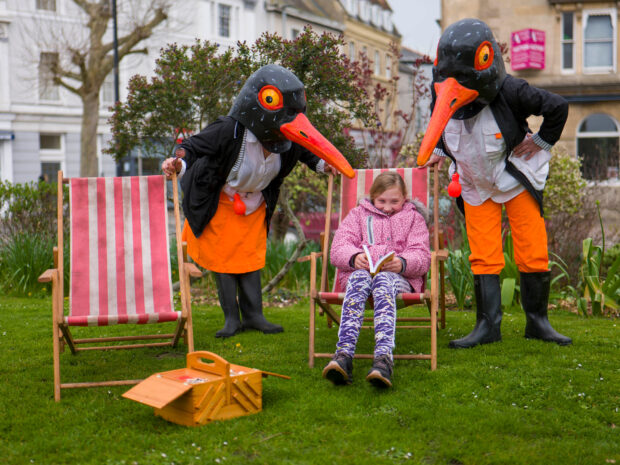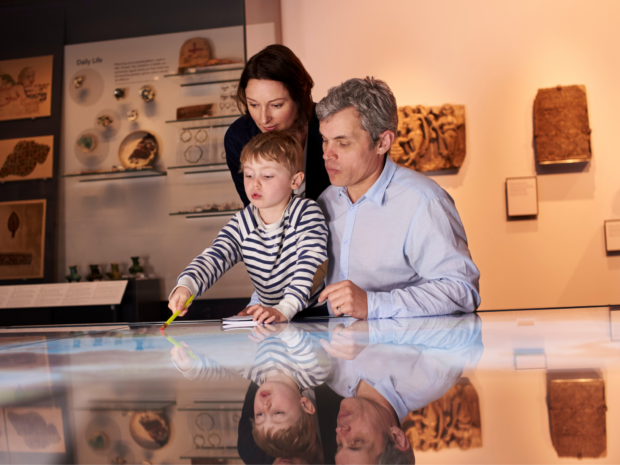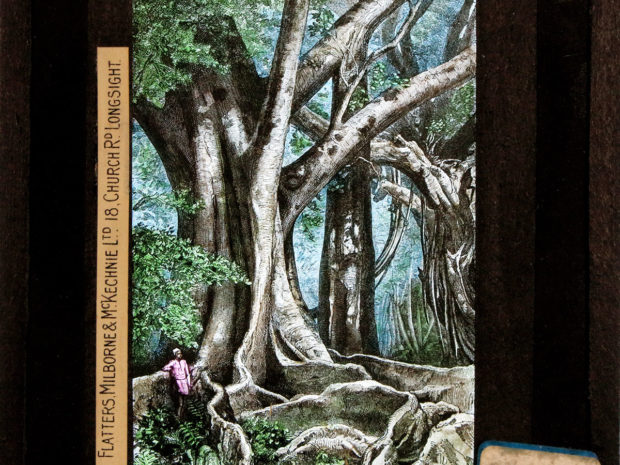Our Position Statement
We believe that the climate emergency is the most significant challenge facing society today. Each of us has a responsibility to reduce our carbon footprint, live sustainably, support biodiversity and ultimately reduce our impact on the environment.
Museums and heritage organisations are uniquely placed to provide space for, and contribute to, the wider debate on the climate emergency through their collections, spaces and role in the community.
As organisational development specialists we are in the position to influence and promote positive change. This plan sets out how we intend to deliver real and meaningful change as a programme through our own activity and through our work with museums. It sets out our ambitions for 2023-24, and beyond.
Our Priorities
We acknowledge the climate emergency and take an active role in the green recovery; our decisions and working practices are underpinned by environmental responsibility.
Our business plan places environmental responsibility front and centre:
Digital: We will work to the principle of ‘digital first’ for publications, training and meetings. At least 50% of all training delivered through the SW Museum Skills Programme will be delivered online to directly reduce transport emissions. We will seek to reduce the impact of our digital carbon footprint through the active reduction of emails and digital filing. Where publications are printed these will be on recycled paper with environmentally friendly inks where possible.
Travel: Where digital delivery is not possible, travel will be made by active travel such as walking, cycling or by public transport. Travel by car or air is only permitted when essential.
Catering: Where activity takes place in person and catering is required this will be vegetarian and vegan as standard and locally sourced wherever possible.
Procurement: We will build ‘Green Assessment’ into our procurement processes; we will apply the principle of ‘reduce, re-use, recycle and repurpose’ before committing to new expenditure, and consider local suppliers and or low carbon/ waste suppliers when purchasing new goods. This principle will also underpin our Central Purchasing Scheme.
Review: We will undertake an assessment of the carbon impact of our programme by the end of our current funding cycle and will embed a renewed commitment to reduce our own carbon footprint based on this assessment.
Our staff are informed and confident on issues related to the climate emergency and environmental responsibility and can share this expertise.
Together we will work as a team to share knowledge and retain a currency of our information to ensure our practice is relevant and up to date:
Training: Our staff will participate in training to enable them to deliver on environmental responsibility within their respective work areas/ plans with at least 1 dedicated development/ study day each year focussed in this area.
Support: Our staff know where and how to access support beyond their expertise and are empowered to call upon this expertise, to support them and the museums we work with.
Practice: Our staff will share their expertise through their respective individual practice, our programmes and projects and programme communications.
We create tangible and lasting change, supporting the building of an environmentally responsible sector.
We will use the ripple effect to influence and promote positive change in the museum and heritage sector, and beyond:
Funding: We will actively seek external funding to develop projects aligned to our Vision, Mission and Values in which museums are supported to address the climate emergency.
Investment: We will prioritise investment where participants are seeking to take, or have taken, action to reduce their carbon footprint through our grant investment. We will promote their practice through case studies shared online, through networks and in training sessions to inspire others.
Carbon Literacy: We will train 45 museum staff and volunteers to become Carbon Literate through the Carbon Literacy Project by the end of 2023-24. We will support trained participants to participate in Train the Trainer Carbon Literacy training to enable them to roll out Carbon Literacy training within their own organisations.
Communications: We will actively use our communications channels to support the dissemination of good practice, opportunities and advice on how museums can use their collections to tell climate stories and to mitigate their environmental impact
Our Partners
We will work in partnership with relevant organisations to deliver the plan, including Bristol City Council, Museum Development England, relevant specialist agencies such as The Carbon Literacy Project and museums who are working with us.
Bristol City Council was the first UK city to declare a Climate Emergency in November 2018. It hosts Museum Development South West within its Culture and Creative Industries Service. Bristol City Council has set itself the goal of making the city of Bristol carbon neutral by 2030 and it has set out its intentions through its One City Climate Strategy (2020) and Ecological Emergency Action Plan (2021). We want our decisions, our investment and our own activity to respond to the ambitions set out in this strategy and that of our substantive funder Arts Council England in its Let’s Create strategy.
Find out more
Our Annual Review
Read more about our work and collaborations in our latest Annual Review.
What we do
We provide trusted, local and relevant development services to support museum and heritage organisations to improve, innovate, collaborate and celebrate.



